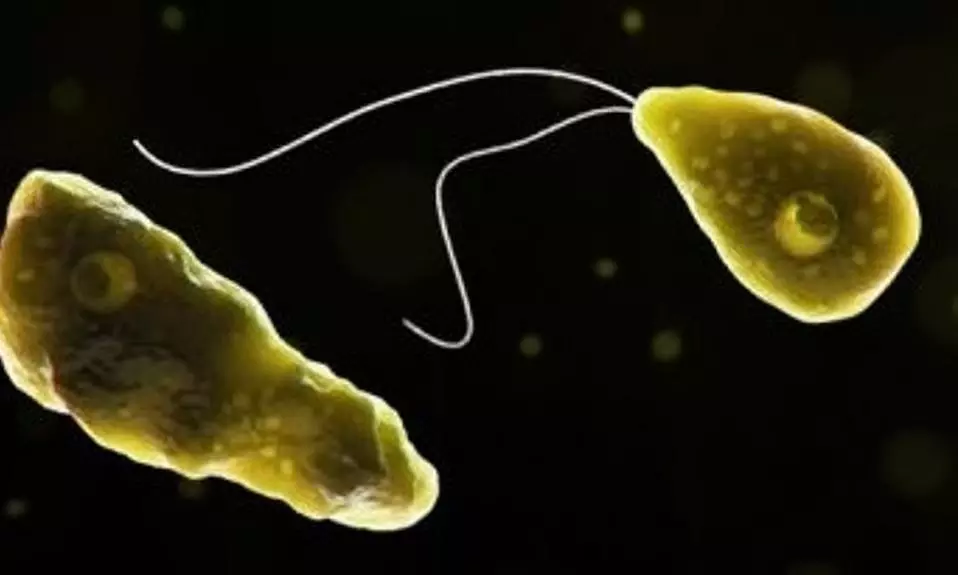
Kerala reports seventh death from amoebic meningoencephalitis, another patient critical
text_fieldsKozhikode: Kerala on Saturday reported yet another death from amoebic meningoencephalitis, commonly referred to as the “brain-eating amoeba infection,” taking the state’s toll from the disease this year to seven, officials said.
The latest victim, Ratheesh, 45, a resident of Bathery in Wayanad district, had been undergoing treatment at Kozhikode Medical College Hospital (KMCH) for over a week. He was first admitted to a local hospital with high fever and cough but was later shifted to KMCH, where his condition deteriorated and he died early Saturday.
Another patient from Kasaragod remains critical at KMCH, while eleven others are under treatment. One patient was discharged on Friday.
Kerala has so far recorded 42 confirmed cases of the infection this year, most of them in Kozhikode and Malappuram districts. Kozhikode alone has reported four deaths, including a three-month-old infant and a nine-year-old girl last month.
In response to the surge, health authorities have intensified water testing in ponds, wells and public water sources across the affected districts. KMCH has also expanded diagnostic facilities, aided by funds allocated by State Minister A.K. Saseendran, to procure additional testing equipment.
The state government is continuing its “Water is Life” purification campaign targeting wells, water tanks and public water bodies. Officials are urging residents to follow safe-water practices, especially during the monsoon season.
The infection is caused by Naegleria fowleri, a heat-tolerant protozoan found in warm freshwater such as ponds, lakes, rivers, wells and inadequately chlorinated pools. It enters the body through the nose during swimming, bathing or nasal rinsing, and then travels to the brain, where it triggers primary amoebic meningoencephalitis, a rare but often fatal disease.












